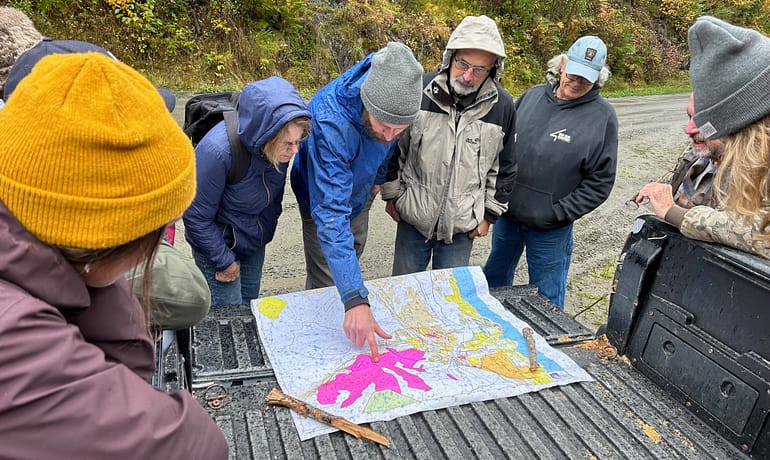Securing community forest rights is key to achieving climate goals
Forest areas managed by indigenous and local communities store nearly 300 billion metric tons of carbon — five times more than previously estimated — yet failure for these communities to have their rights formally recognized may lead forest-dependent people unable to protect carbon reserves, a new report claims. “If we don’t find a way to secure the rights of these indigenous peoples and communities who are trying to make a living, and trying to maintain and sustain their forests, we’re all going to be worse off in the not-so-long term,” said Alain Fréchette, director for strategic analysis and global engagement at the Rights and Resources Initiative. “The urgency to act is paramount.” The report, produced by RRI in collaboration with the Environmental Defense Fund, the Woods Hole Research Center, and Landmark, among others, is based on newly available data sets covering 64 countries and representing 69 percent of the world’s forest carbon.
Related Post
Province increases funding for community forest wildfire risk reduction
News Release We are pleased to announce that the
BC introduces new measures on old growth, innovation, forest stewardship
New announcement on process and funding for policy reforms



